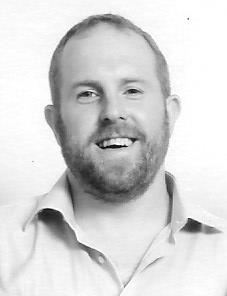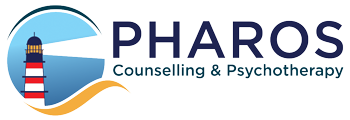Counselling & Psychotherapy
Counselling
- The process that occurs when a client and counsellor set aside time in order to explore difficulties which may include the stressful or emotional feelings of the client.
- The act of helping the client to see things more clearly, possibly from a different view-point. This can enable the client to focus on feelings, experiences or behaviour, with a goal to facilitating positive change.
A relationship of trust. Confidentiality is paramount to successful counselling. Professional counsellors will usually explain their policy on confidentiality. They may, however, be required by law to disclose information if they believe that there is a risk to life.
What is the difference between counselling and psychotherapy?
‘Psychotherapy’ and ‘counselling’ are terms that are used to describe the same fundamental process – both relate to overcoming personal difficulties and working towards positive changes. Counselling is a helping approach. It highlights individuals’ emotional and intellectual experience, how they are feeling, and their views on the problems about which they have sought help. Psychotherapy is based in the psychodynamic approach to counselling. This means that it encourages individuals to reflect on earlier experiences and explore how these affect their current ‘problem’.
Who can it help?
- Feeling depressed, anxious, angry or overwhelmed.
- Struggling with relationships.
- Finding it difficult to cope in the workplace.
- Suffering as a result of a loss or bereavement.
- Carrying the weight of negative memories, emotions or associations.
Is it for me?
At different stages, our lives can be challenging or feel unmanageable. Counselling and psychotherapy can be a great support at times of difficulty or crisis. It involves meeting with a trained professional therapist in a safe, confidential setting, allowing you to discuss and explore life’s challenges in a respectful, non-judgemental space. Counselling can be of a short duration or may take longer to address specific conditions or trauma. Counselling deals with more immediate or crisis issues including relationship break-up, bereavement, stress or work issues. Psychotherapy tends to look at deeper or more long-term issues that may have their roots in the past, (e.g. abuse, trauma in childhood). You may find that both counselling and psychotherapy techniques are used in your sessions to help you to discover meaningful ways of managing your life. One very useful technique is CBT or cognitive therapy which is very helpful in the treatment of anxiety and depression.

Tomás Morley
Counsellor & Psychotherapist
Pharos is owned by Tomás Morley, a counsellor and psychotherapist. His qualifications underpin significant experience with a wide range of clients on issues such as depression, anxiety, stress, and relationship management. Tomás has vast experience in relationship building, teaching, sports and management. Counsellors at Pharos take a common sense approach combined with best practice and proven academic methodology. All consultations are confidential.
You can contact Tomás by:

